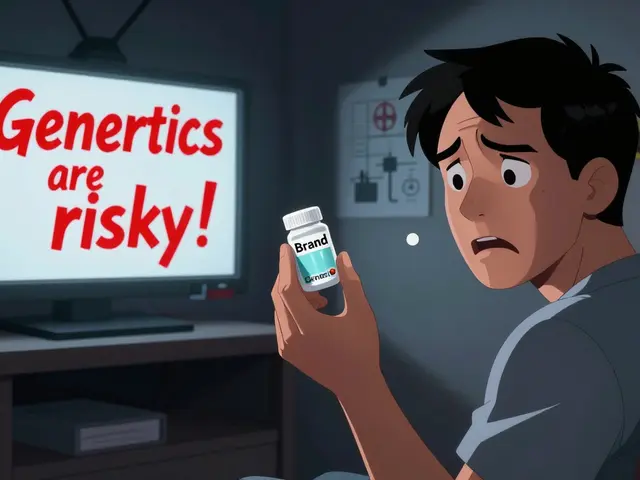Thyroid deficiency (hypothyroidism): what to watch for and what to do
Feeling unusually tired, cold all the time, or gaining weight without changing your diet? Those are common signs of thyroid deficiency, also called hypothyroidism. It's a condition where your thyroid gland doesn’t make enough hormones, and that affects energy, metabolism, mood, digestion, skin, and more. The good news: most cases are easy to diagnose and treat.
How doctors check your thyroid
If you suspect a problem, the first step is a blood test. Your doctor will usually order TSH (thyroid-stimulating hormone) and free T4. In primary hypothyroidism, TSH is high and free T4 is low. Sometimes they’ll check thyroid antibodies to see if Hashimoto’s autoimmune disease is the cause. Don’t skip the labs because symptoms can be vague and overlap with other conditions like depression or menopause.
Worried about testing logistics? You can get tests done through your doctor, many clinics, or lab services that work with online providers. If you’re already on thyroid medicine, labs should be timed and repeated—usually 6–8 weeks after a dose change, then every 6–12 months once stable.
Treatment and everyday management
The standard treatment is levothyroxine, a synthetic T4 hormone. It’s taken once daily, usually in the morning on an empty stomach. Timing matters: calcium, iron, antacids, and some supplements can block absorption. Wait 30–60 minutes after taking your pill before eating, or take it at bedtime several hours after your last meal.
Dose adjustments are common until your TSH settles into the target range. Don’t change brands or doses without checking with your prescriber—small shifts can cause symptoms. If you use supplements or other meds (like calcium or iron), tell your doctor so they can advise on spacing.
What about lifestyle? Focus on steady sleep, a balanced diet, and gentle exercise to help energy and weight. Iodine matters in areas with deficiency, but most people get enough from food; don’t take large iodine doses unless advised. Some people ask about selenium or other supplements—those can help in specific cases, but talk to your provider first.
Special situations: pregnancy needs careful monitoring because thyroid needs rise and untreated hypothyroidism can affect the baby. Also, older adults and people with heart disease may need slower dose increases.
When should you call a doctor? If symptoms suddenly worsen, you develop chest pain, fainting, or severe shortness of breath, seek immediate care. For gradual changes like fatigue, weight gain, dry skin, or brain fog, schedule a visit and bring a list of meds and supplements.
Hypothyroidism is common and manageable. With the right tests, the right dose, and a bit of attention to timing and interactions, most people feel much better within weeks to months. Want help finding reliable info or medication options? Our site has articles and guides to walk you through tests, treatment choices, and safe pharmacy options.





